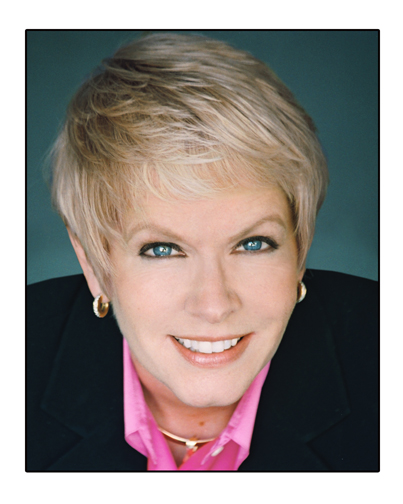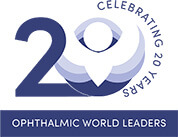In Pursuit of an Encore Career
Shifting to a new career pathway can facilitate personal and professional growth. As my husband and I made the move from Minnesota to Arizona at the end of 2016, it became clear that it was time to consider making the transition to an encore career.
Aside from my family, the business of ophthalmology has always been my passion. I greatly value the friendships I’ve built over the years and relish any opportunity to support my colleagues. After more than 30 years as administrator, then president, in two large ophthalmology practices, I’m now an independent consultant living in Arizona. I don’t miss the cold winters!
Making the Decision
As I thought about making the move to consulting, I had to ask myself what expertise and know-how do I bring to the table? Looking back over my career, I thought my experience would be of benefit to prospective clients. The following activities have made a real difference in my career and my life, and I believe they were essential for me to make the transition from the top practice leadership role to an independent consultant.
Volunteering
Throughout my career, I made it a priority to get involved with numerous professional organizations that were foundational in shaping the progression of my career as an administrator and a leader in ophthalmic practice management. My first step into the world of volunteering occurred in 1992 when I was nominated for a position on the American Society of Ophthalmic Administrators (ASOA) Governing Board of Directors. This step literally changed my life.
I campaigned and was voted onto the Board, eventually being selected as president for a two-year term. While serving as an ASOA Board member, I volunteered to participate in developing a certification program that evolved into the Certification of Ophthalmic Executives (COE) credential. I worked with a team of approximately eight volunteers and served on a task force for two years developing the concept and test content.
Ultimately, I became the first Chair for the National Board for Certification of Ophthalmic Executives (NBCOE). In 2015, I was invited to be a Board member for the Scientific Advisory Board for the Hawaiian Eye Foundation, and in 2016 a Board member for Ophthalmic World Leaders (OWL). Each of these volunteer activities gave me the opportunity to broaden my experiences, meet new people, and gather new perspectives – all of which are invaluable as I considered the move to consulting.
By their very nature, volunteer organizations each have a unique work environment that is very different from your day job. Participating in volunteer organizations can take some courage, as normally there’s a lack of clarity as to one’s precise role. Each organization has a distinct culture, expectations, and politics. The same is true working as a consultant with diverse practices or industry partners. Experiencing different environments presents a fantastic chance to challenge and develop oneself.
Public Speaking
Proficiency in presenting topics of interest to your colleagues in the ophthalmic community helps establish your credentials in selected topic areas. Although public speaking can be terrifying at first, the more you do it, the more comfortable it becomes. It’s a wonderful way to share information, meet people, and get your name out there! As a speaker, you generally have the opportunity to be involved with program planning, which allows you to connect with subject-matter experts.
Writing
Composing articles is another way to connect with colleagues and industry representatives and to build name recognition. Ophthalmology publications are always seeking subject-matter experts who are willing to be authors and write on relevant topics. It’s a fantastic mechanism for interacting with people to exchange information and develop resources. The ability and willingness to contribute is especially helpful to further one’s career.
Networking
My volunteering, public speaking, and writing activities have facilitated professional growth and helped me to establish personal relationships far beyond what I would have been able to accomplish on my own. Over the years, these experiences have evolved into an extensive network of friends. My cadre of colleagues provides inspiration, help with problem solving, and offers their unique perspective when I’m confronted with new business challenges. These activities have helped me build strong relationships and name recognition, which has been tremendously helpful with initiating my consulting career. In effect, I built my own brand before I ever started consulting.
A consultant is typically brought in to resolve a pressing issue(s) or to provide resources or expertise. Typically, my approach is to:
1. Triage the situation based on the provided information (understand the issue);
2. Thoroughly fact-find the circumstances;
3. Develop a close and candid relationship with key stakeholders;
4. Develop an action plan for issue resolution;
5. Obtain stakeholder concurrence;
6. Implement and manage the necessary changes to produce the desired outcome; and
7. Follow up to ensure results were achieved.
As an independent consultant, I’m tasked to achieve a desired outcome, which usually involves significant expertise in a variety of areas. To accomplish this, I’m fortunate to be able to reach out to my network to tap into specialized help as needed for advice and support. These content providers include legal, financial, information technology, marketing, financial, and compliance experts.
I’ve found consulting to be an energizing encore career. No one day is the same as the next.
Candy Simerson is President/CEO, iCandy Consulting, LLC

